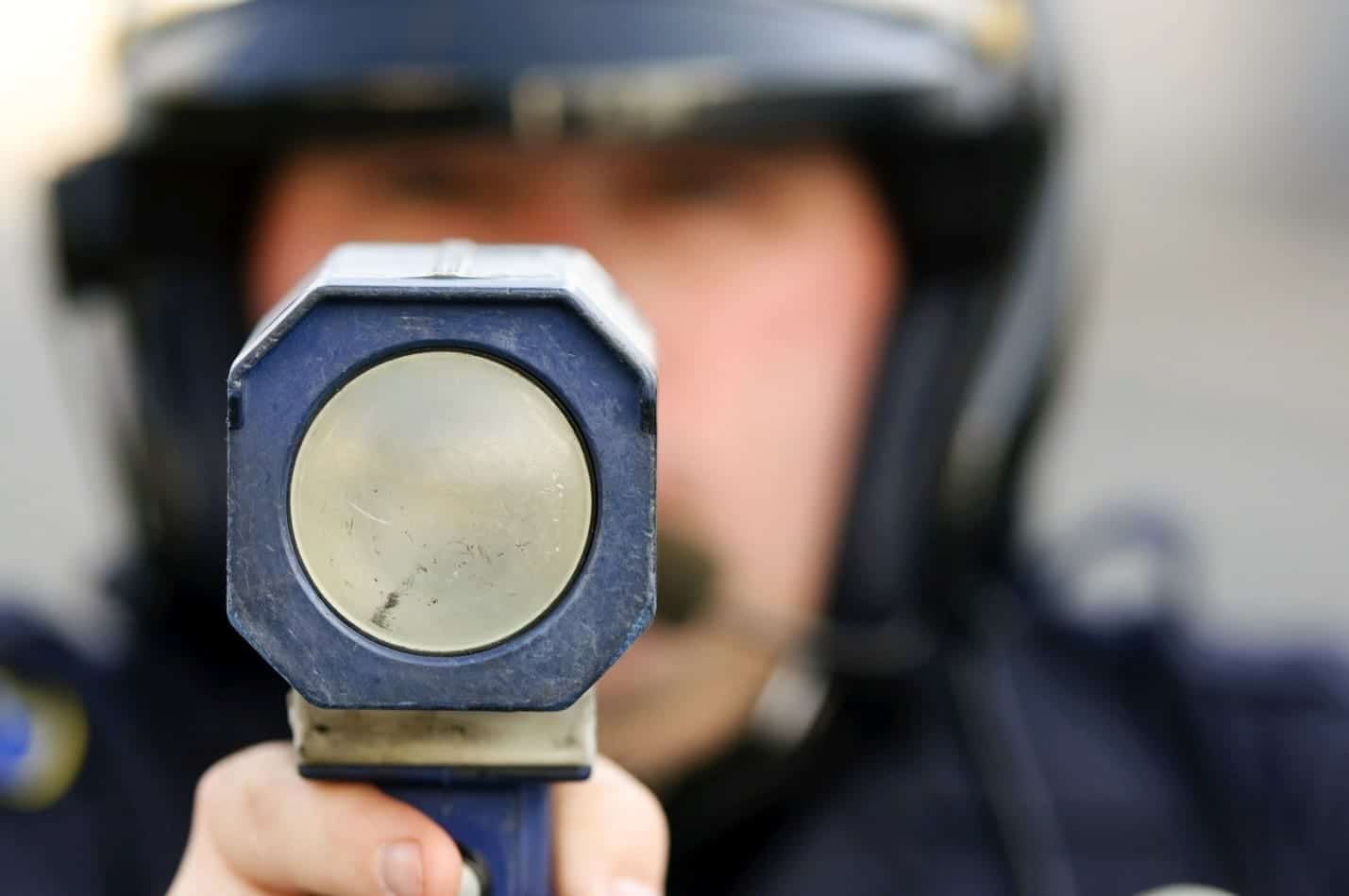When you have a driver’s license, you have the ability to go anywhere you want. There is inherent independence and freedom when you are able to get in a car and just go.
But when we drive, we are also required to follow the rules of the road. If we don’t, we can be pulled over by a law enforcement officer and given a ticket.
For the most part, typical traffic violations are minor infractions that simply require paying a fine. They don’t have serious consequences. Yes, you may also get points on your license, but you won’t have to go to jail if you fail to stop at a red light or stop sign, forget to use your turn signals, don’t have a valid registration, or one of your lights is out.
But some driving violations are more serious. They are major criminal offenses, and as such they come with more severe penalties. And in some cases, if you amass several minor infractions over a short period of time, they can become serious as well.
So let’s look at which traffic violations are considered criminal and serious here in North Carolina.
Impaired driving. You can be pulled over on suspicion of impaired driving if you are under the influence of an impairing substance, have a blood alcohol concentration (BAC) of 0.08 or more, or have any amount of a Schedule I controlled substance in your blood or urine.
If you are accused of impaired driving, you will be charged with a misdemeanor DWI. There are five levels of sentencing for a DWI depending on the circumstances of the case. A Level V offense is the least serious and is punishable by 24 hours to 60 days in jail and a fine up to $200. A Level I offense is the most serious and is punishable by 30 days to 2 years in jail and a fine up to $4,000.
If you have three or more DWI convictions, you will be seen as a habitual DWI offender and will be charged with felony DWI the next time you’re pulled over for impaired driving. You will also be required to serve a minimum term of one year in jail that can’t be suspended.
Reckless driving. Someone is guilty of reckless driving if they drive a vehicle “carelessly and heedlessly in willful or wanton disregard of the rights or safety of others” or “without due caution and circumspection and at a speed or in a manner so as to endanger or be likely to endanger any person or property.”
Reckless driving is a Class 2 misdemeanor punishable by up to 60 days in jail and a fine up to $1,000.
Speeding. If you are speeding, depending on how much over the speed limit you are, you could be charged with a criminal offense. A person who drives a vehicle on a highway at a speed that is either more than 15 miles per hour over the speed limit established by law for the highway where the offense occurred or over 80 miles per hour is guilty of a Class 3 misdemeanor.
That means it is a crime to drive either over 80 miles per hour or to drive 15 miles above the posted speed limit. For example, if the speed limit is 35 mph, you can be guilty of a misdemeanor if you are driving 50 mph or more.
A Class 3 misdemeanor is the least serious misdemeanor and is punishable by up to 20 days in jail and a fine up to $200.
Aggressive driving. You can be guilty of aggressive driving if you are speeding and driving recklessly. To satisfy the reckless driving part of the offense, a driver has to commit two or more of these traffic violations:
- Running through a red light
- Running through a stop
- Illegal passing
- Failing to yield right-of-way
- Following too closely
A person convicted of aggressive driving is guilty of a Class 1 misdemeanor, which is punishable by up to 120 days in jail and a discretionary fine.
Duty to stop in the event of a crash. If you are involved in a car crash, you are required by law to stop and remain at the scene of the accident until a law enforcement officer says you are free to go. Depending on the severity of the accident, you can be charged with a:
- Class F felony: the crash resulted in serious bodily injury, 10-41 months in jail
- Class H felony: the crash resulted in injury, 4-25 months in jail
- Class 1 misdemeanor: the crash only resulted in property damage, up to 120 days in jail
As you can see, there are a number of criminal traffic violations. If you are accused of one of these crimes, contact an experienced North Carolina criminal defense attorney to fight for your freedom and keep your license.
About the Author:
Attorney Mike Schlosser represents victims of personal injury, those charged with a crime, as well as those facing traffic charges. A former Guilford County, North Carolina District Attorney, Schlosser has been in private practice at the Law Firm of Schlosser & Pritchett since 1983 and has been a member of the North Carolina State Bar since 1973.










